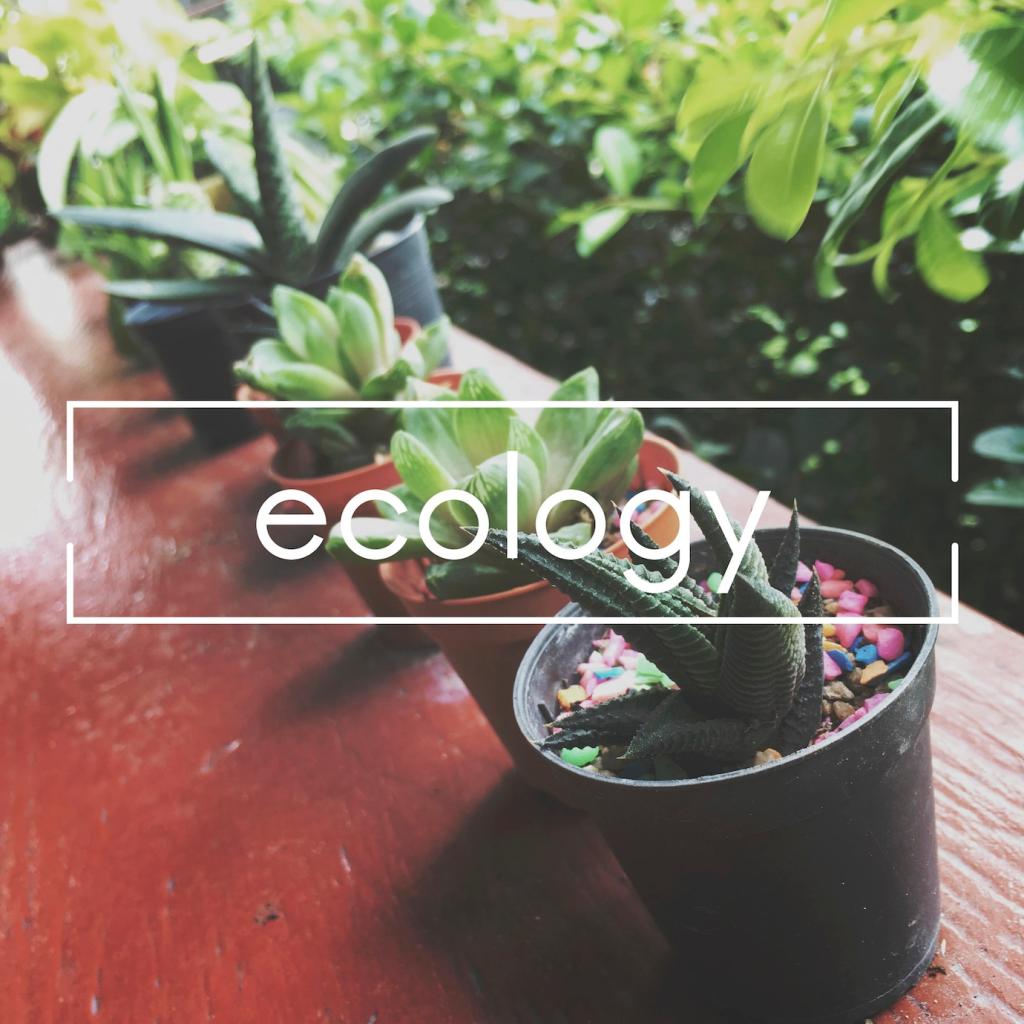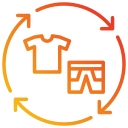
Emerging Sustainable Fashion Brands of 2024
The sustainable fashion landscape is rapidly evolving, with new brands emerging in 2024 that are redefining eco-conscious design, ethical practices, and responsible sourcing. These innovative labels are not only responding to heightened consumer awareness but are also shaping a future where fashion honors both people and the planet. This page explores some of the most promising emerging sustainable fashion brands, examining their unique approaches to sustainability, their positive impacts, and the creative vision driving their collections.
Ecoloom Studio
Ecoloom Studio embodies the fusion of artisanal craftsmanship and environmental innovation. Drawing inspiration from traditional textile methods, this brand reinvents heritage weaving and dyeing using plant-based and recycled materials. Ecoloom’s collections champion slow fashion principles, with small-batch releases crafted to minimize waste and celebrate unique imperfections. By collaborating directly with rural artisans and investing in regenerative practices, Ecoloom ensures every piece tells a story of sustainability, from raw material to finished garment.
VERVE & Circularity
VERVE & Circularity stands out in 2024 as a trailblazer in circular fashion. Founded by textile engineers, the brand designs apparel with built-in recyclability, making each item easy to disassemble and remanufacture at the end of its life. Their pieces are crafted using mono-materials and waterless dyeing techniques, drastically reducing environmental impact. VERVE’s commitment to product transparency empowers customers to track the journey and footprint of their purchases, inviting consumers to become participants in the circular economy.
Nurtura Collective
Nurtura Collective focuses on nurturing both people and our planet. This emerging label prioritizes ethically sourced organic fibers, fair labor practices, and inclusive sizing. What sets Nurtura apart is the integration of indigenous designs and motifs, achieved through partnerships with craft cooperatives worldwide. The result is a collection where cultural heritage and sustainable ideals intertwine, offering unique pieces that honor tradition while moving fashion forward responsibly.
Sylvan Fibers
Sylvan Fibers is at the forefront of plant-based fabric innovation. Harnessing the potential of underutilized forest resources, they create textiles from fast-growing woods and agricultural byproducts. Their proprietary process transforms these natural materials into silky-soft fabrics without harmful chemicals, offering a biodegradable and renewable alternative to conventional synthetics. Each collection serves as a testament to ingenuity in material science, demonstrating that luxury and sustainability can co-exist.
AlgaWear
AlgaWear has made headlines by introducing algae-derived textiles to the world of high fashion. The brand partners with research institutions to cultivate algae that can be spun into soft threads for versatile garments. Not only are these fabrics biodegradable, but they also require minimal water and land to produce. AlgaWear’s visionary approach doesn’t stop at materials—their manufacturing is powered by renewable energy, ensuring a reduced carbon footprint from start to finish.
PureLoop Denim
PureLoop Denim revolutionizes one of fashion’s most resource-intensive staples: jeans. By utilizing recycled cotton sourced from pre- and post-consumer waste, the brand crafts durable denim with a distinctly contemporary feel. They employ innovative water-saving techniques in the dyeing process and utilize natural indigo pigments, minimizing pollution. With transparency at their core, PureLoop offers customers detailed insights into their production cycle, forging a new era for eco-friendly denim.
Ethical Manufacturing and Transparency
OpenStitch Threads is reshaping the industry by lifting the veil on garment production. The brand invites consumers into its factories—virtually and physically—showing how workers are paid, treated, and empowered. OpenStitch’s live traceability platform allows every customer to follow a garment’s journey from cotton field to finished product, fostering trust and accountability in every purchase. Their annual “Transparency Report” sets a new standard for honesty in fashion.

TerraThreaded
TerraThreaded is making waves with their commitment to carbon-negative operations. How? They invest heavily in regenerative agriculture, planting more fiber crops and trees than they use. Their facilities offset electricity use with on-site solar and wind farms, and the brand sponsors community-led rewilding initiatives. TerraThreaded challenges the notion of fashion as extractive, aiming to prove it can heal landscapes and draw down carbon.
Seaborne Supply
Seaborne Supply takes marine stewardship seriously, using ocean-harvested seaweed and recycled marine plastics in their clothing. Their partnerships with conservation groups help fund coral restoration and remove hazardous waste from coastlines. Seaborne’s business model is built to be net-positive for oceans, reflecting a holistic approach to fashion that sees garments as catalysts for broader environmental change.
GreenWeave Studio
GreenWeave Studio operates a closed-loop production cycle powered entirely by renewable energy. The brand’s “Give Back More” policy ensures that for every item sold, they restore more land and resources than they consume in production. By collaborating with reforestation projects and wildlife corridors, GreenWeave demonstrates that fashion can actively enrich rather than deplete the natural world.
Localism and Community Empowerment
UrbanRoot Apparel brings farm-to-fabric fashion to city dwellers, cultivating natural dyes and fibers in urban gardens and supporting local manufacturing hubs. They offer traceable, community-grown clothing that directly benefits city neighborhoods and urban farmers. Through workshops and education programs, UrbanRoot fosters a culture in which fashion directly uplifts local economies and inspires urban renewal.
Technological Innovation for Sustainability
BioCircuit Fashion
BioCircuit Fashion is pioneering the integration of wearable technology and bioengineered fibers. Their textiles come embedded with sensors that monitor garment lifecycle and prompt users when it’s time for repair, reuse, or recycling. These innovations empower consumers to extend the life of each piece, making fast fashion obsolete. BioCircuit’s research lab actively shares findings to encourage open-source advancement in eco-friendly textile tech.

TraceVerde
TraceVerde leverages blockchain technology to provide radical supply chain insight. Each product is equipped with a scannable QR code, linking the buyer to data on farm origins, carbon emissions, water use, and labor conditions. This transparency enables consumers to make better decisions and rewards suppliers who excel in sustainability. TraceVerde’s platform is quickly becoming an industry benchmark for digital traceability.
Diversity, Inclusion, and Social Justice
Kaleido Threads celebrates the spectrum of identities through inclusive sizing, unisex collections, and designs co-created with minority groups. This brand ensures diversity is reflected not only in their visual storytelling but also in their leadership and Board. By supporting marginalized artisans and actively working to dismantle barriers, Kaleido sets a new benchmark for genuine inclusivity in sustainable fashion.

